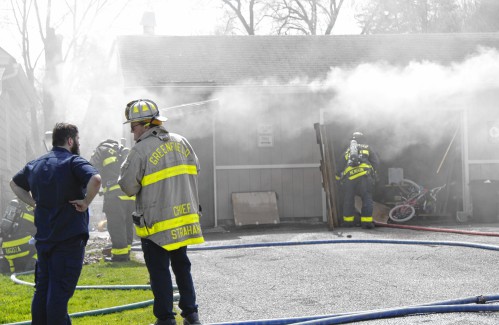
Fire scorches garage on Homestead Avenue in Greenfield
GREENFIELD — No one was injured after a garage at 42 Homestead Ave. caught fire Wednesday afternoon.Firefighters could be seen hosing down the detached garage at approximately 1 p.m. as smoke poured out of it. According to Fire Chief Robert Strahan,...
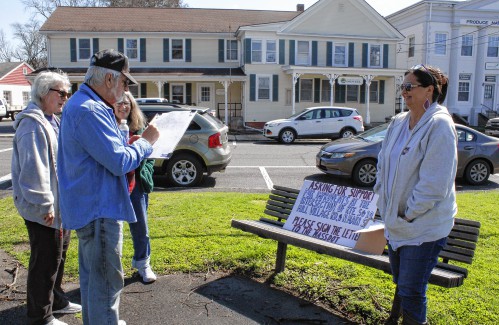
Deerfield residents petitioning to fix ‘dangerous’ intersection
DEERFIELD — With 12 crashes between 2021 and 2023 and likely an even greater number of close calls at the intersection of Routes 5 and 10, North Main Street and Mill Village Road, two residents have launched a petition asking the state Department of...
Most Read
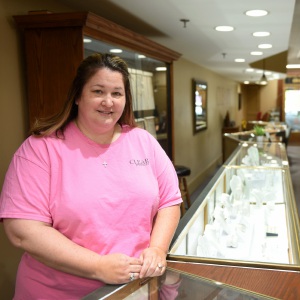 Cleary Jewelers plans to retain shop at former Wilson’s building until 2029
Cleary Jewelers plans to retain shop at former Wilson’s building until 2029
 Orange man gets 12 to 14 years for child rape
Orange man gets 12 to 14 years for child rape
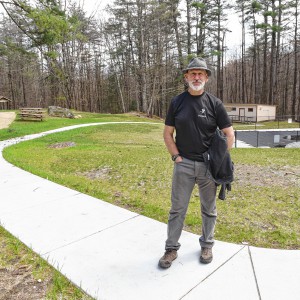 $427K to expand Camp Apex capacity in Shelburne
$427K to expand Camp Apex capacity in Shelburne
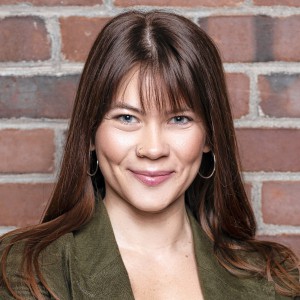 Conway resident leading pilot program to help families facing financial ‘cliff effect’
Conway resident leading pilot program to help families facing financial ‘cliff effect’
 Franklin County Technical School Honor Roll, Semester 1
Franklin County Technical School Honor Roll, Semester 1
 Greenfield Police Logs: April 2 to April 8, 2024
Greenfield Police Logs: April 2 to April 8, 2024
Editors Picks
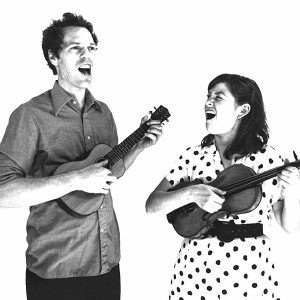 Montague, Gill and Erving Notebook: April 18, 2024
Montague, Gill and Erving Notebook: April 18, 2024
 PHOTO: Double eagle
PHOTO: Double eagle
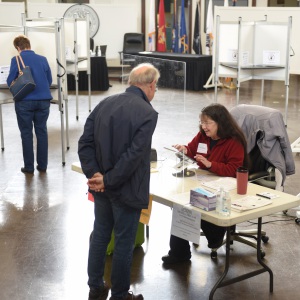 South County Notebook: April 18, 2024
South County Notebook: April 18, 2024
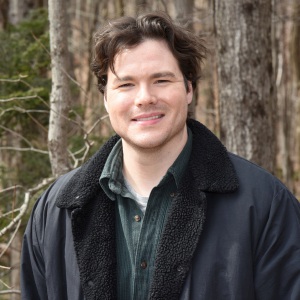 West County Notebook: April 18, 2024
West County Notebook: April 18, 2024
Sports

High schools: Frontier girls tennis picks up 5-0 win over Turners (PHOTOS)
Make it two Tri-County North League wins to open the season for the Frontier girls tennis team. After knocking off Greenfield in their league opener, the Redhawks followed it up with a 5-0 victory over Turners Falls on Wednesday in South...
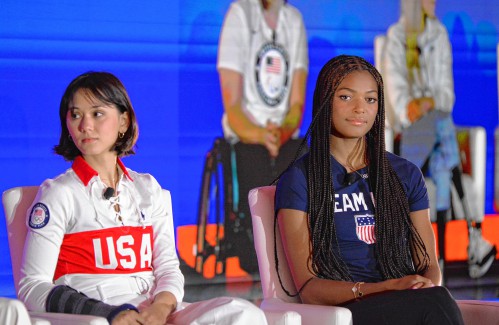 Florence’s Gabby Thomas gearing up for 2024 Paris Olympics
Florence’s Gabby Thomas gearing up for 2024 Paris Olympics
 High Schools: Two-run first inning propels Pioneer baseball past Turners
High Schools: Two-run first inning propels Pioneer baseball past Turners
Opinion

Columnist Johanna Neumann: Reaping the rewards of rooftop solar
This week my boys and I are visiting my mom and stepdad for April break. Shortly after we arrived, they proudly gave us a tour of their new PV solar array, which they had installed on the south face of their home earlier this year. My stepdad, Rick,...
 Ben Tobin: Another educational song and dance
Ben Tobin: Another educational song and dance
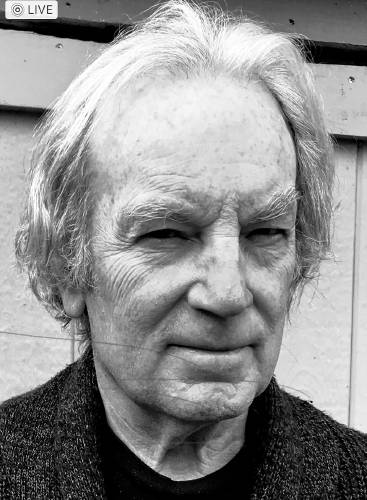 Pushback: Tax fund option helps keep elders in homes
Pushback: Tax fund option helps keep elders in homes
 Pat Hynes: Nuclear weapons bills need action
Pat Hynes: Nuclear weapons bills need action
 Walt Gorman: Fed up
Walt Gorman: Fed up

Business

Cleary Jewelers plans to retain shop at former Wilson’s building until 2029
GREENFIELD — More than a year after she was told her business would need to vacate its storefront in the former Wilson’s Department Store, Cleary Jewelers owner Kerry Semaski said she plans to keep her shop at its current location until July 2029...
 Tea Guys of Whately owes $2M for breach of contract, judge rules
Tea Guys of Whately owes $2M for breach of contract, judge rules
 Primo Restaurant & Pizzeria in South Deerfield under new ownership
Primo Restaurant & Pizzeria in South Deerfield under new ownership
 Patrons can ‘walk down memory lane’ at Sweet Phoenix’s new Greenfield location
Patrons can ‘walk down memory lane’ at Sweet Phoenix’s new Greenfield location
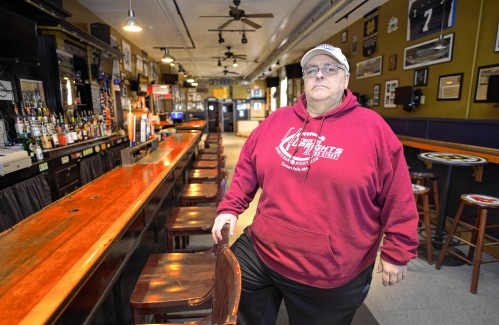 Post-pandemic hardship prompts Between The Uprights closure in Turners Falls
Post-pandemic hardship prompts Between The Uprights closure in Turners Falls
Arts & Life

Sounds Local: Spring is singer-songwriter season: A host of local performers celebrate new work
We are fortunate to live in an area where we can experience all types of music, and when it comes to singer-songwriters, we are fortunate to have so many talented ones living among us. Any given weekend, you can head out to one of the local breweries...
Obituaries
 Matthew J. Osofsky
Matthew J. Osofsky
Greenfield, MA - Matthew J. Osofsky, 38, died Saturday 4/6/24 at the Baystate Medical Center in Springfield from injuries sustained from a car accident. He was born in Brooklyn, NY on Febru... remainder of obit for Matthew J. Osofsky
 Sandra J. Niedzwiedz
Sandra J. Niedzwiedz
Erving, MA - Sandra J. Niedzwiedz, 69, of Goodell Place passed away unexpectantly at home on Wednesday, April 10, 2024. She was born in Greenfield on May 3, 1954, the daughter of Bernard an... remainder of obit for Sandra J. Niedzwiedz
 Barbara M. Mahar
Barbara M. Mahar
Greenfield, MA - Barbara M. (Schotte) Mahar, 87, of Log Plain Rd., passed away on April 12, 2024 at Charlene Manor Extended Care Facility. A life-long resident of Greenfield, Barbara wa... remainder of obit for Barbara M. Mahar
 Irving E. Mullette
Irving E. Mullette
North Adams, MA - Irving Mullette was born in North Adams, MA on April 23, 1938 to Eugene and (Vera) Christine Mullette. Out of high school, he went to East Coast Aero Tech Flying School, f... remainder of obit for Irving E. Mullette

 My Turn: Let’s leave miracle of trees well enough alone
My Turn: Let’s leave miracle of trees well enough alone
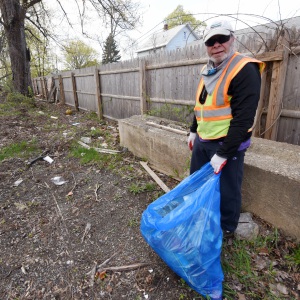 County cleanups on tap for Earth Day
County cleanups on tap for Earth Day
 New national campaign targets online exploitation of children
New national campaign targets online exploitation of children
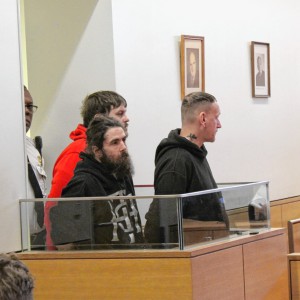 One Greenfield home invasion defendant up for bail, other three held
One Greenfield home invasion defendant up for bail, other three held
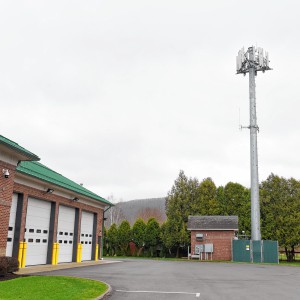 AT&T’s proposed cell tower extension moving forward in South Deerfield
AT&T’s proposed cell tower extension moving forward in South Deerfield
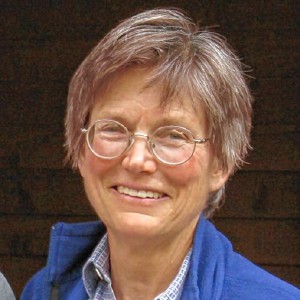 Two local school advocates tapped to lead state’s new Small and Rural Schools Committee
Two local school advocates tapped to lead state’s new Small and Rural Schools Committee
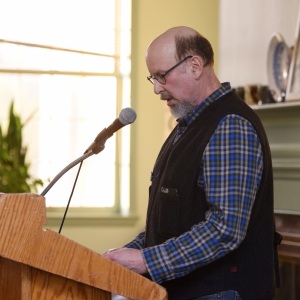 With new library comes new venue for annual Poet’s Seat Poetry Contest
With new library comes new venue for annual Poet’s Seat Poetry Contest
 Softball: Hannah Gilbert allows two hits as Franklin Tech knocks off Blackstone Valley, 7-3 (PHOTOS)
Softball: Hannah Gilbert allows two hits as Franklin Tech knocks off Blackstone Valley, 7-3 (PHOTOS) UMass basketball: Matt Cross reportedly enters transfer portal
UMass basketball: Matt Cross reportedly enters transfer portal Crunch time for matzo: An easy-to-make sweet treat that’s Passover Seder-friendly
Crunch time for matzo: An easy-to-make sweet treat that’s Passover Seder-friendly Spotlight on women in classical music: Brick Church Music Series’s season comes to a close, April 28-29, with Champlain Trio
Spotlight on women in classical music: Brick Church Music Series’s season comes to a close, April 28-29, with Champlain Trio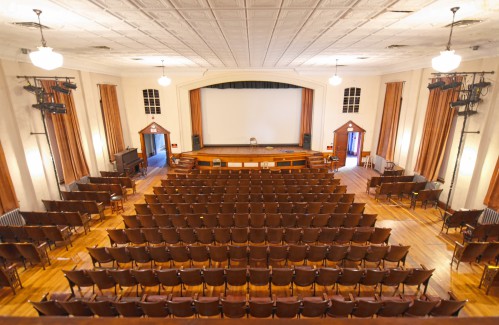 Ready for their close-up: Pothole Pictures announces a season of curated film screenings, live music and $1 popcorn
Ready for their close-up: Pothole Pictures announces a season of curated film screenings, live music and $1 popcorn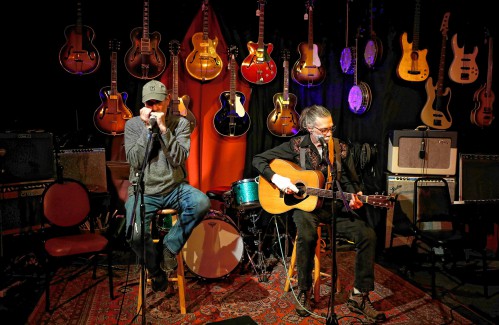 You’re up next: Western Mass open mic scene heats up post-pandemic
You’re up next: Western Mass open mic scene heats up post-pandemic
